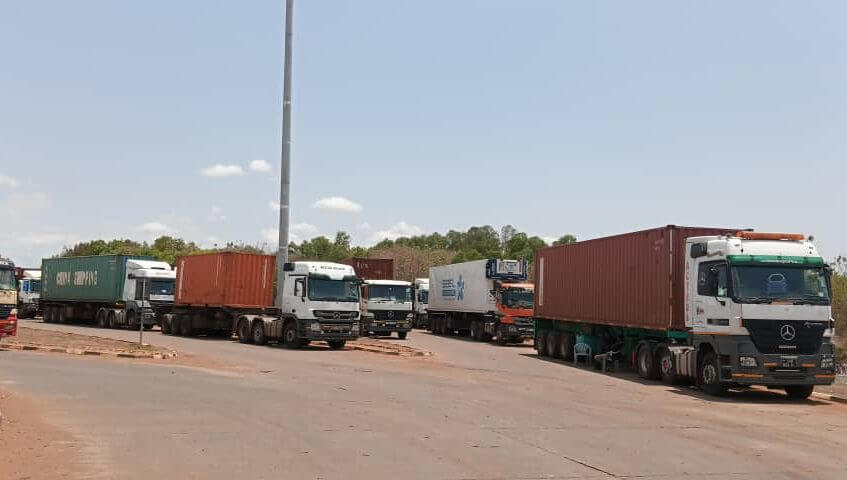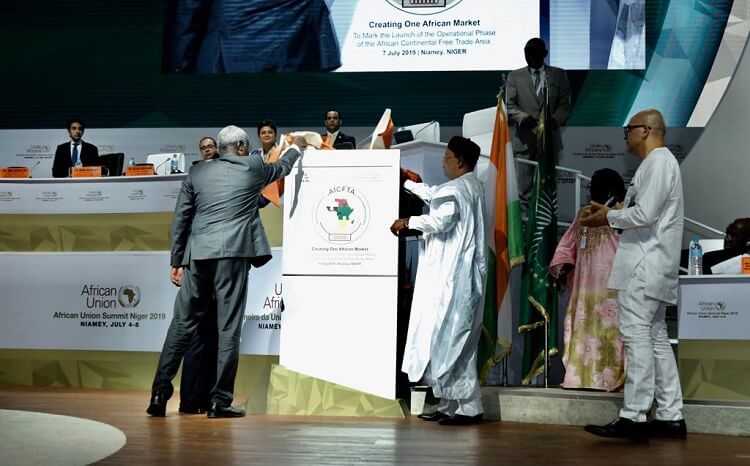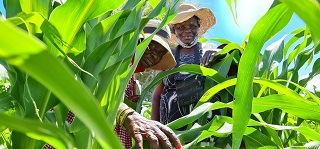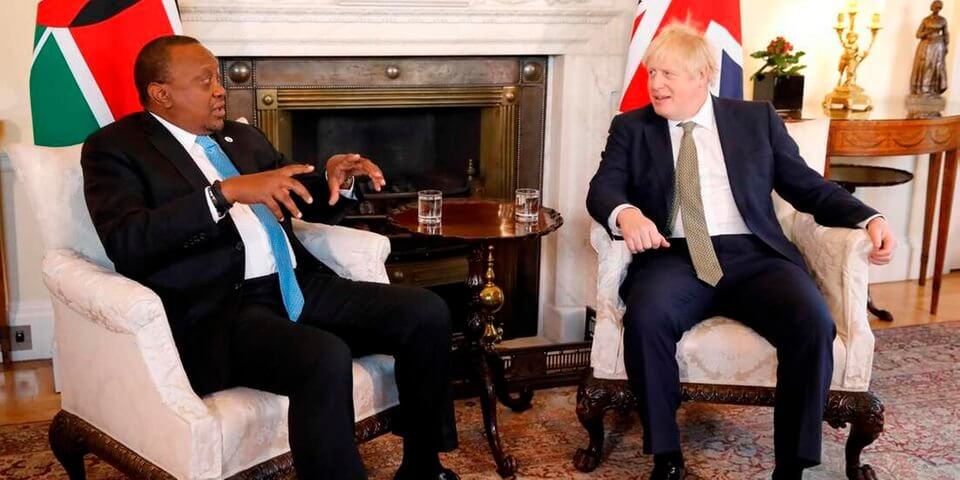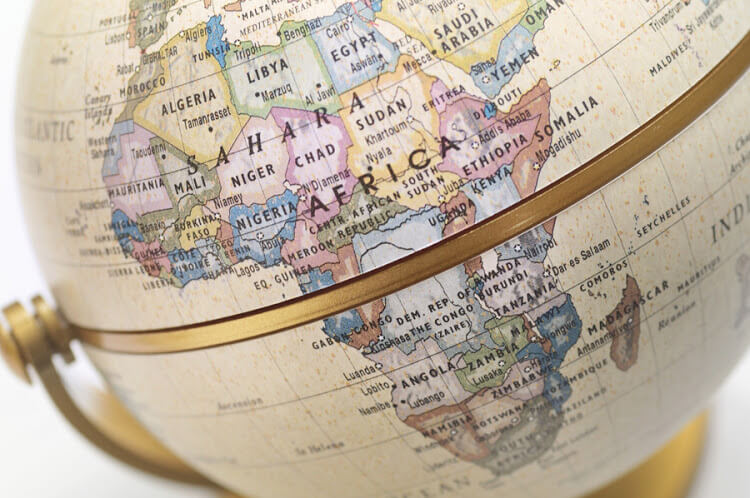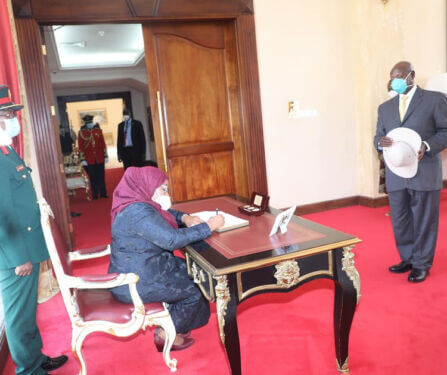The East African Business Council has commended the government of South Sudan for providing security escorts to cargo transporters entering the country. It also appreciates the traders and the government for finding a quick solution to the cross-border trade impasse that could have impacted negatively the region’s economy. For two weeks, cargo transporters refused to deliver commercial goods to South Sudan after the killing of their colleagues along the Juba-Nimule highway and the Yei-Juba road. After several meetings, the cargo drivers and the government resolved to resume the importation of goods, but with security guarantees. The SSPDF deployed heavily along the routes and removed all unnecessary roadblocks that were extorting money from the traders. In a statement issued on Tuesday, the East African Business Council said this move should secure the free flow of cargo and services into and out of South Sudan along the Juba route. It urges the Ministries in charge of Interstate Security in the East African Community to find lasting solutions to guarantee peace and security for business people and their properties. The body maintained that peace and security are prerequisites to social and economic development, and for increased intra-EAC trade and investments and ease of doing business across borders Statistics show that South Sudan imported goods valued at approximately $377 million from the EAC region and exported 17.9 million dollars into the bloc in 2018. In 2019, Kenya alone exported goods valued at approximately $122.9 million to South Sudan. The region’s Business Council states that the...
Gov’t commended for offering security to foreign truckers
Posted on: April 19, 2021
Posted on: April 19, 2021

